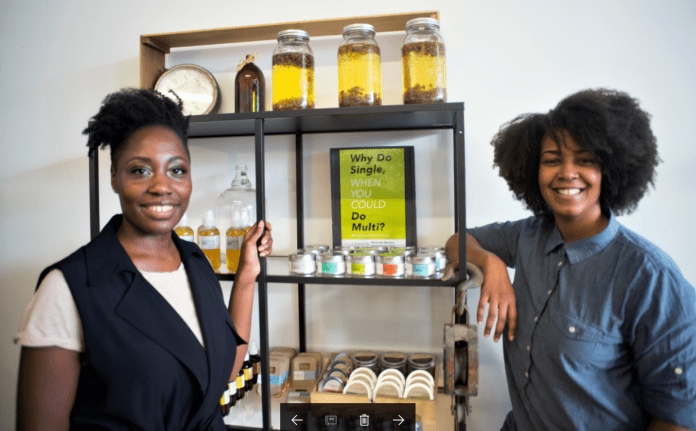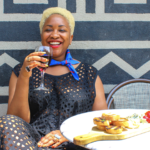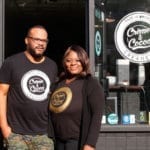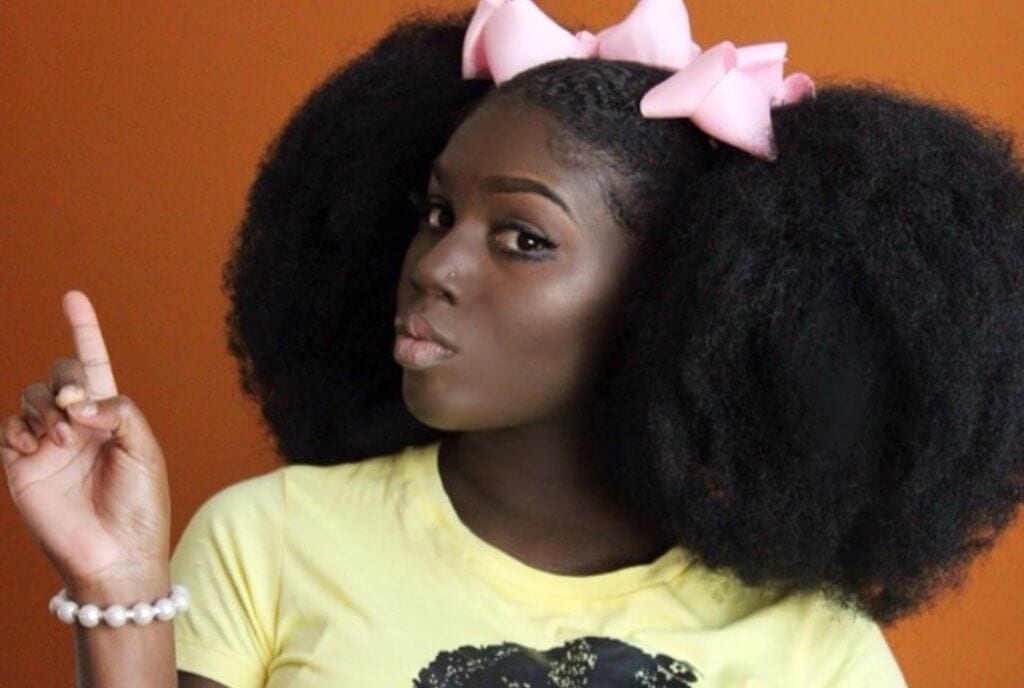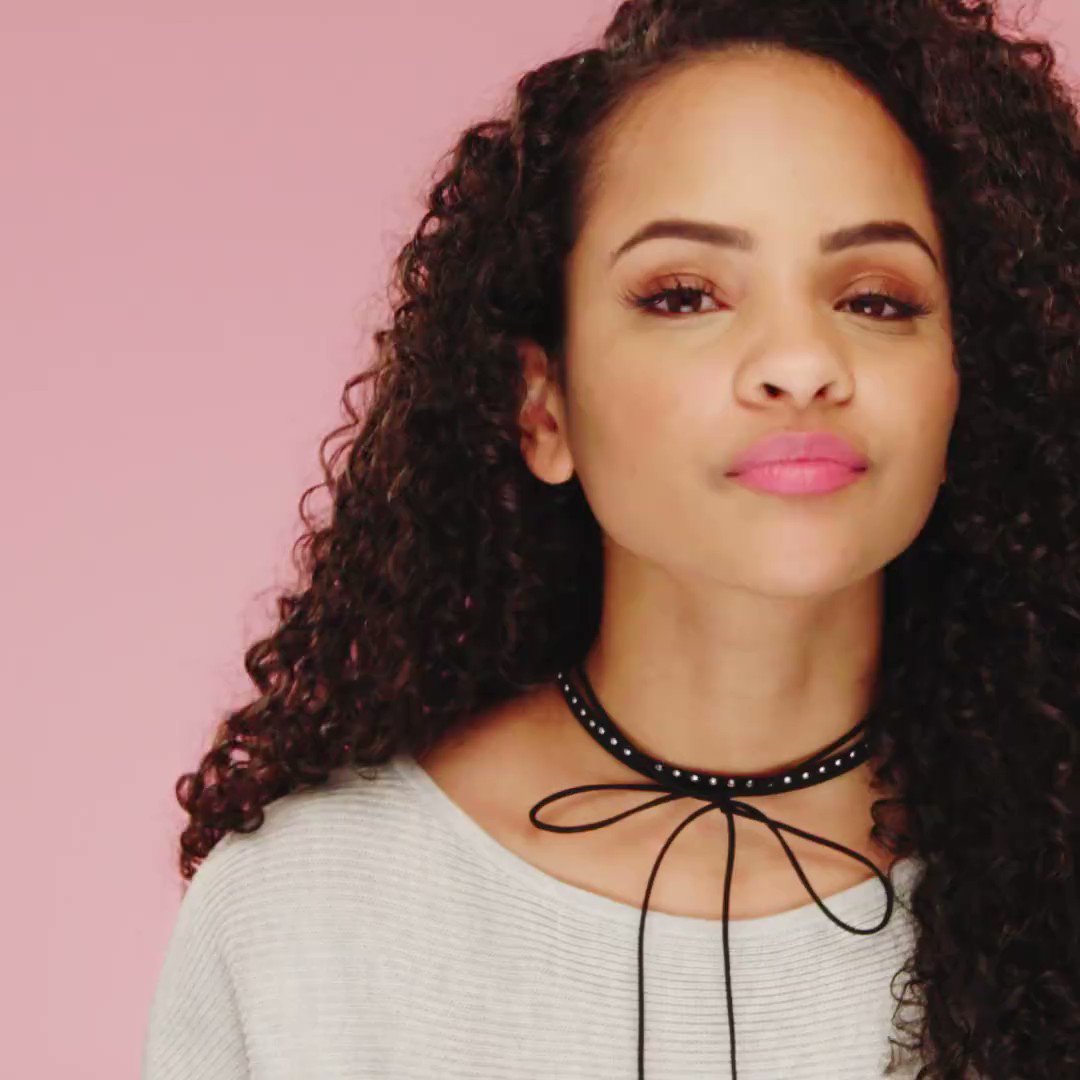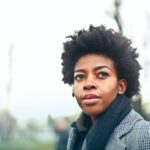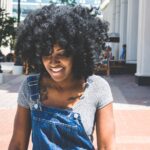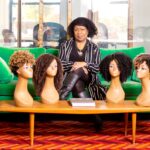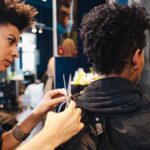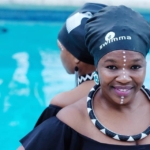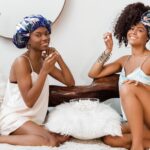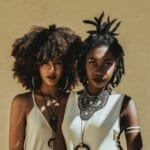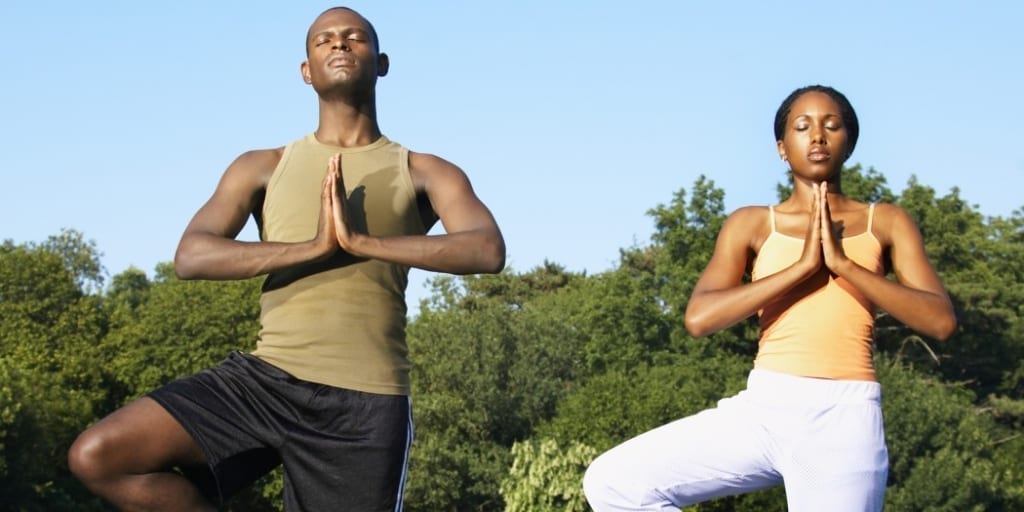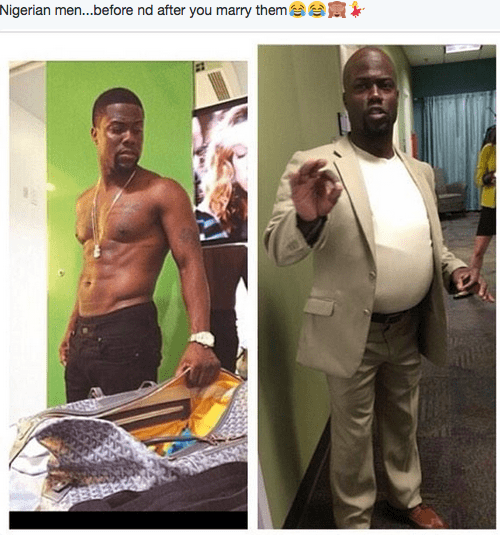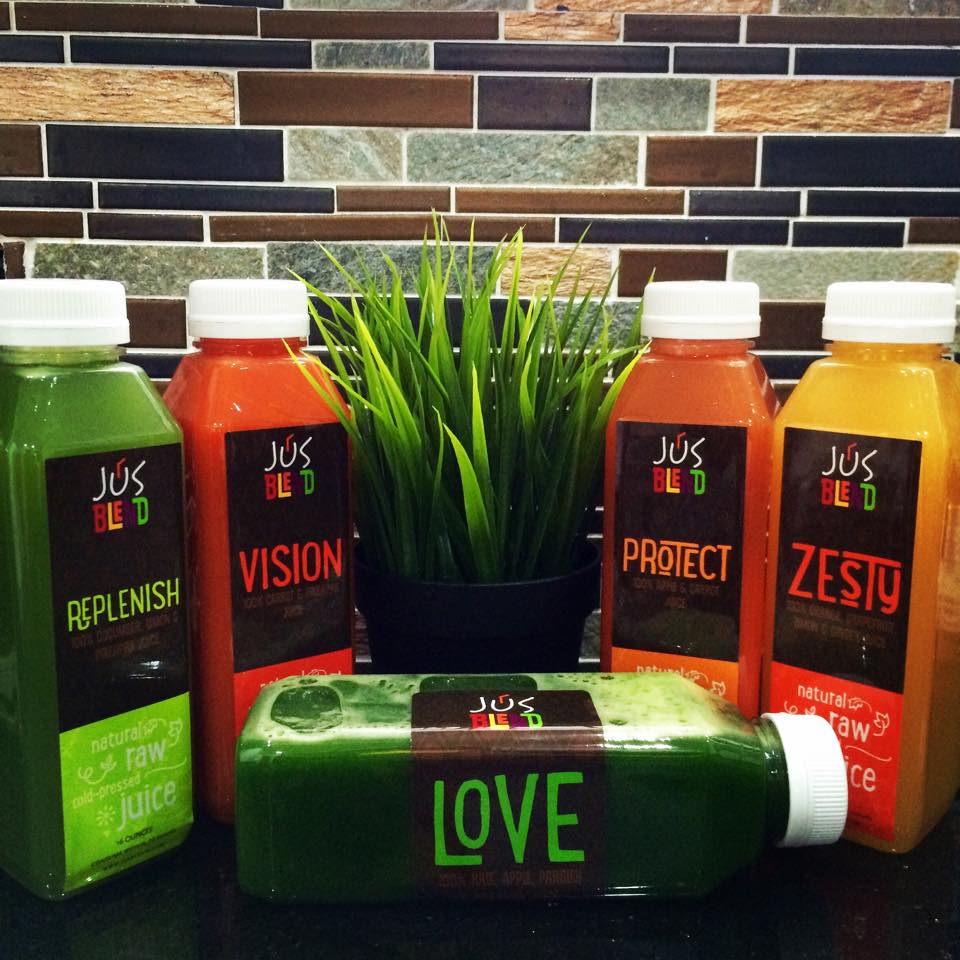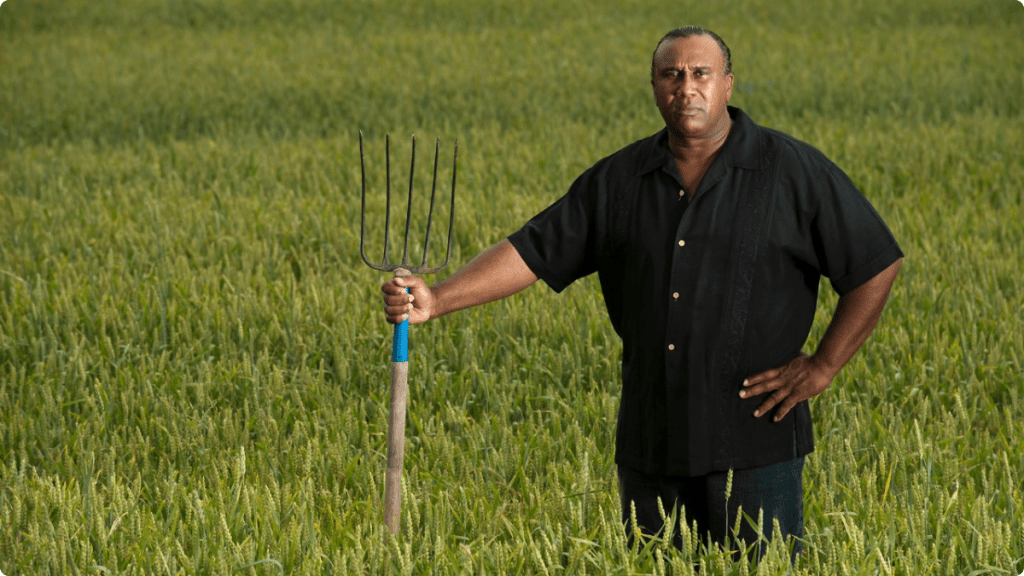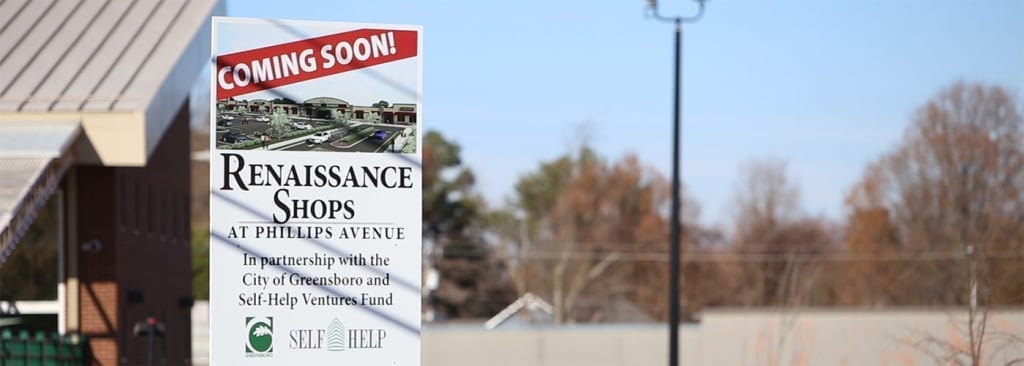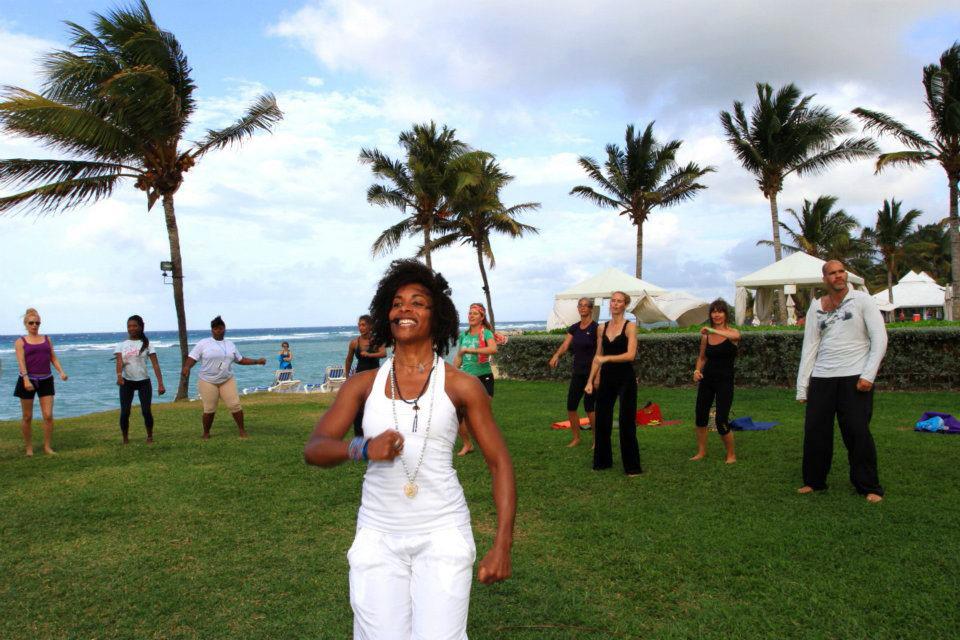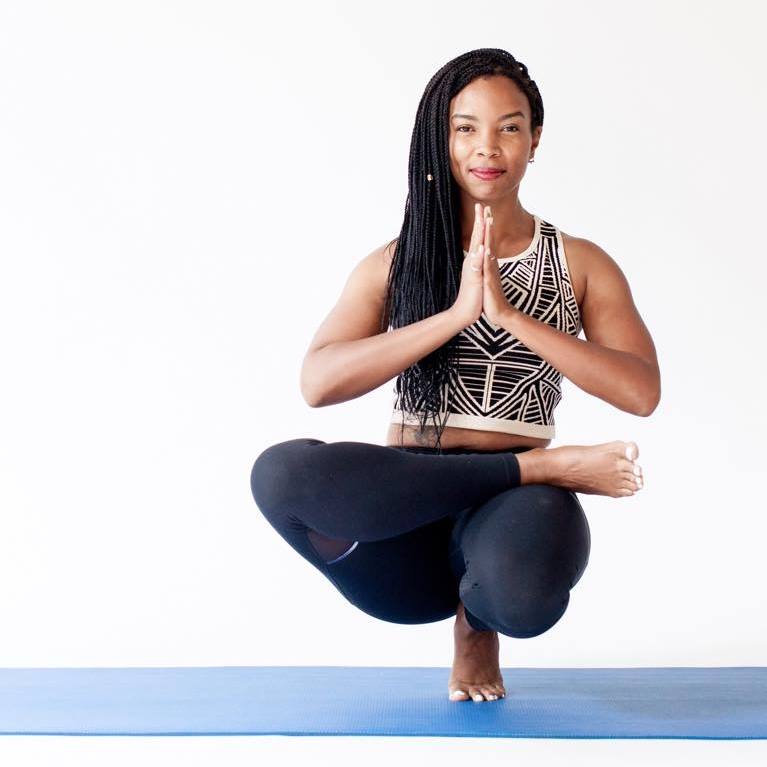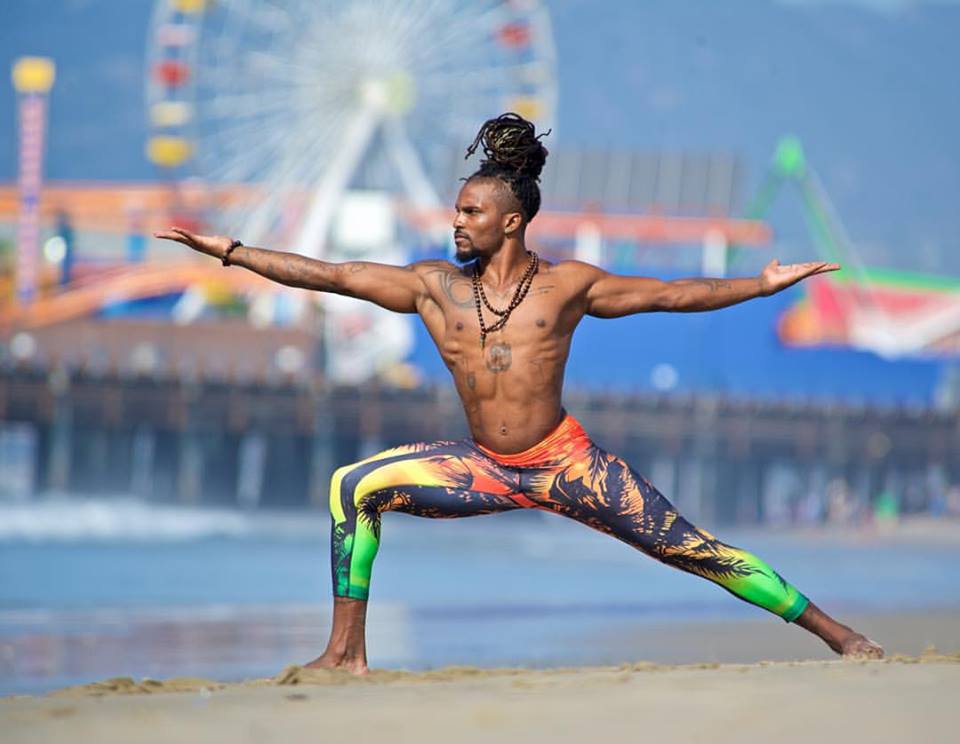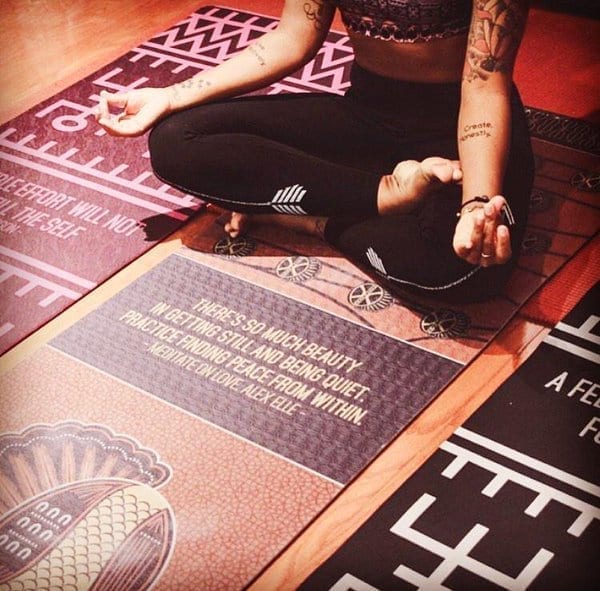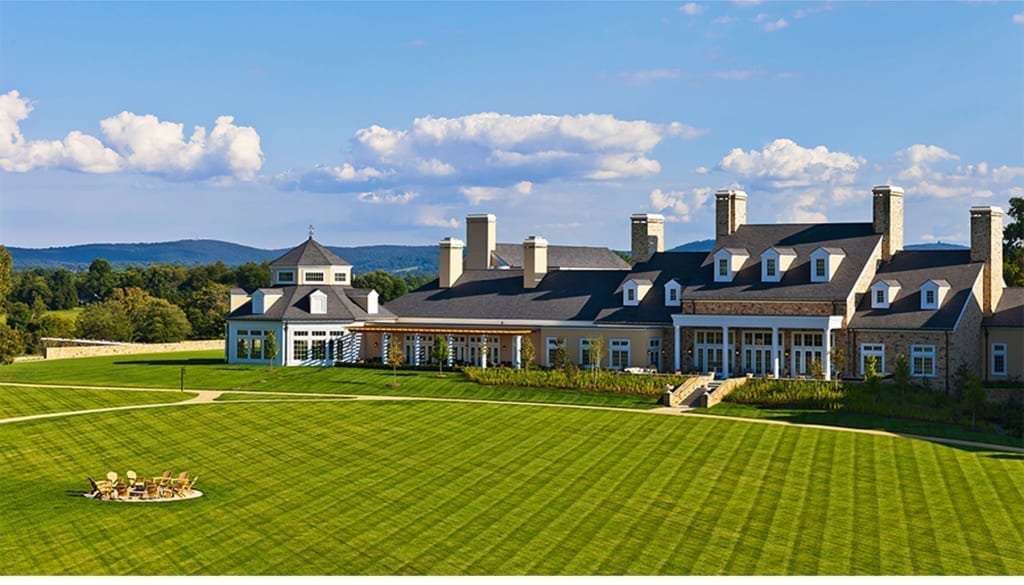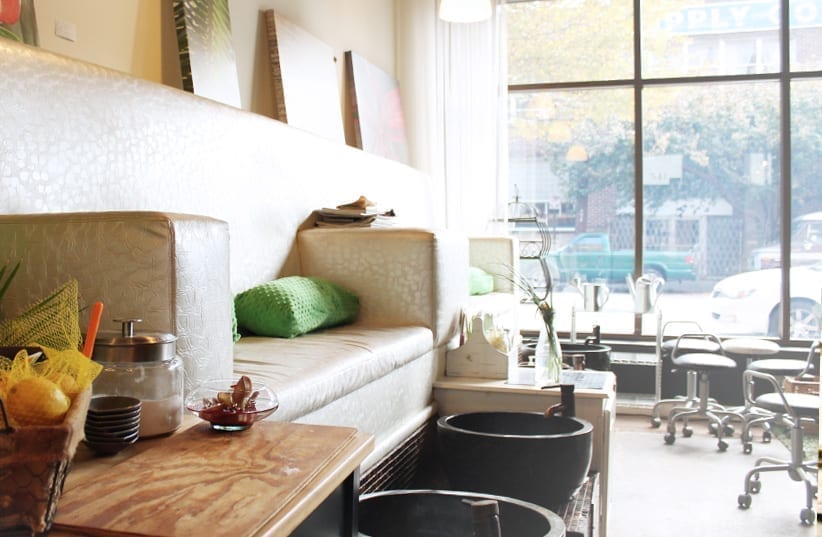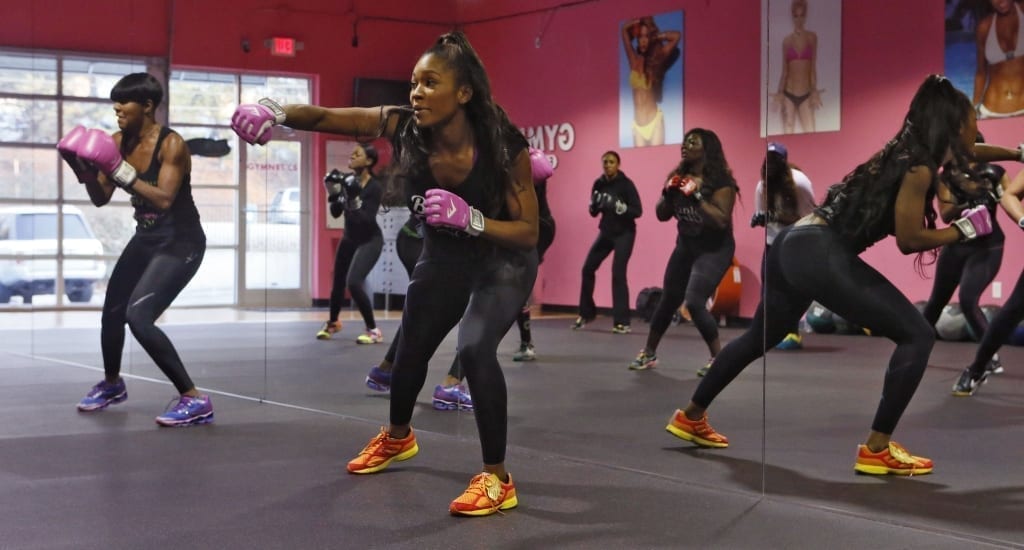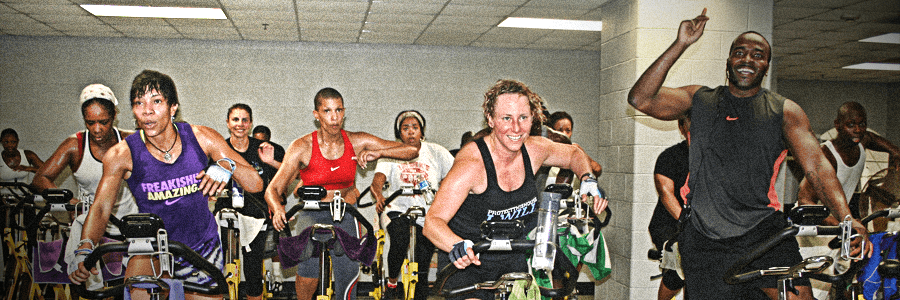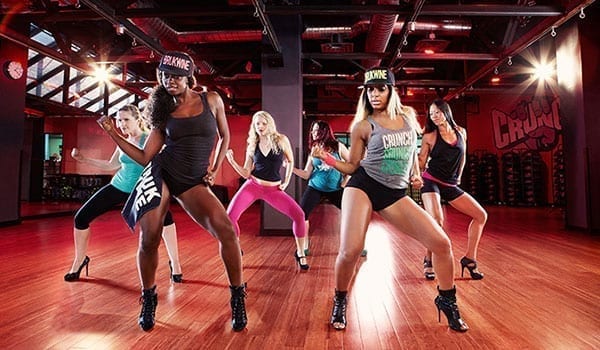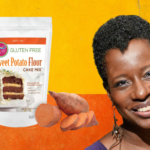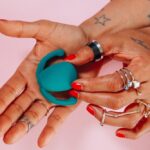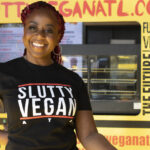Limegreen is a Multi-Use Skincare company that produces natural products using vegan ingredients. Since Dove is cancelled and we’re here for non GMO everything, we had a chat with Talima Davis, one half of the dynamic duo behind the brand. This is what she had to say:
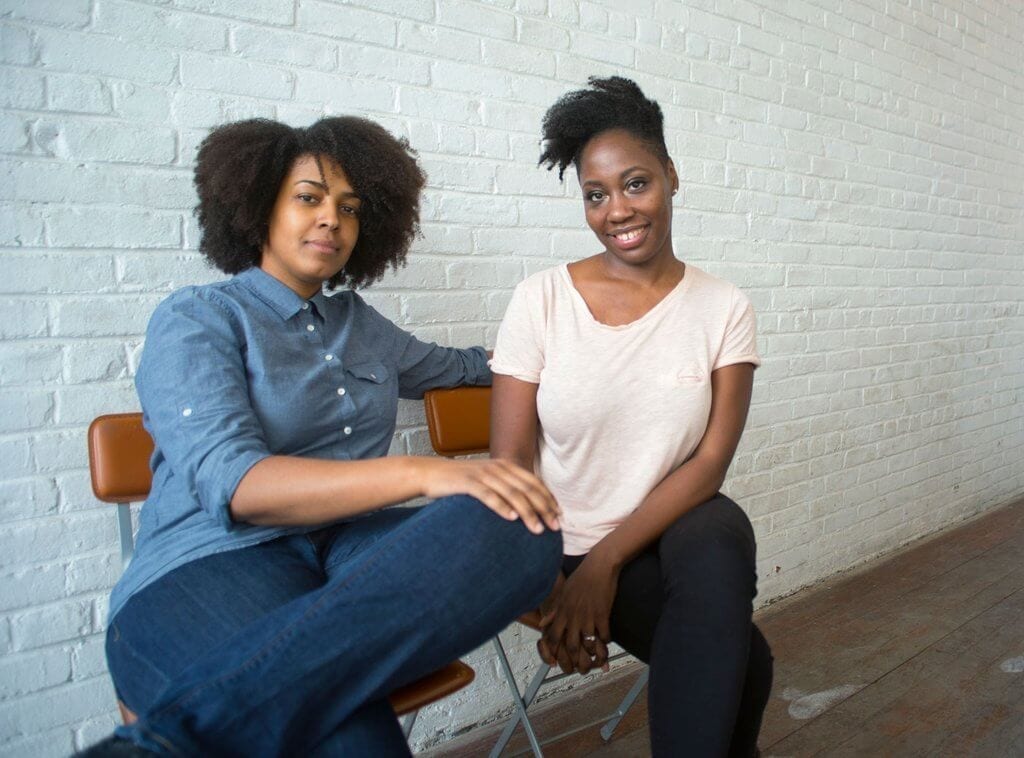
SB:What inspired the creation of Limegreen?
TD: My best friend Tamara was diagnosed with liver cancer at the age of 27. It was extremely aggressive, and her doctor told her it was due to environmental conditions.
I could have just gone to the store and bought products for her, but I decided to try making them so that I knew the ingredients.
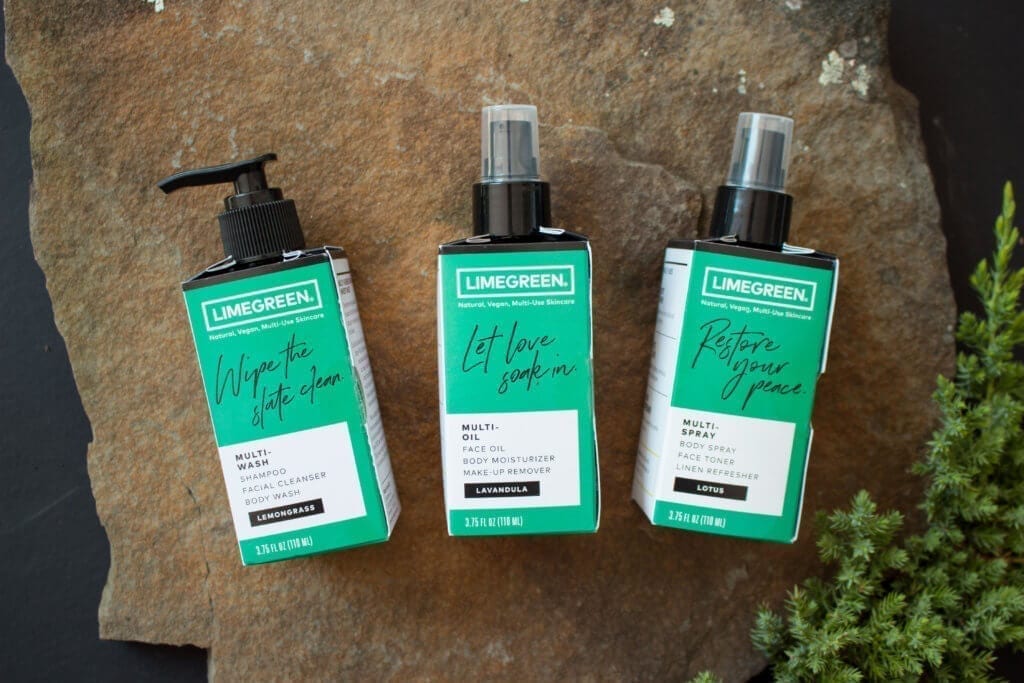
Making products turned into something I was passionate about. The same friend inspired the name for Limegreen, I combined the nickname given to me by her and the theme of natural products – Lima + Green.
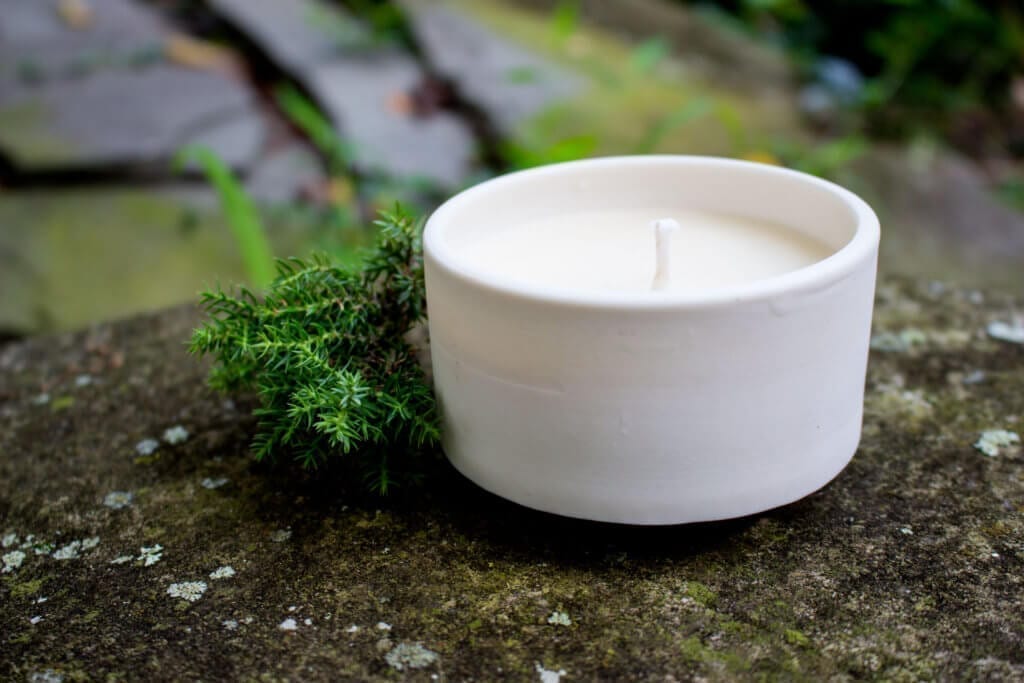
SB:How did you both meet?
TD: Allison and I met through mutual artist friends. We grew up literally five minutes away from each other, in the same neighborhood, our entire lives.
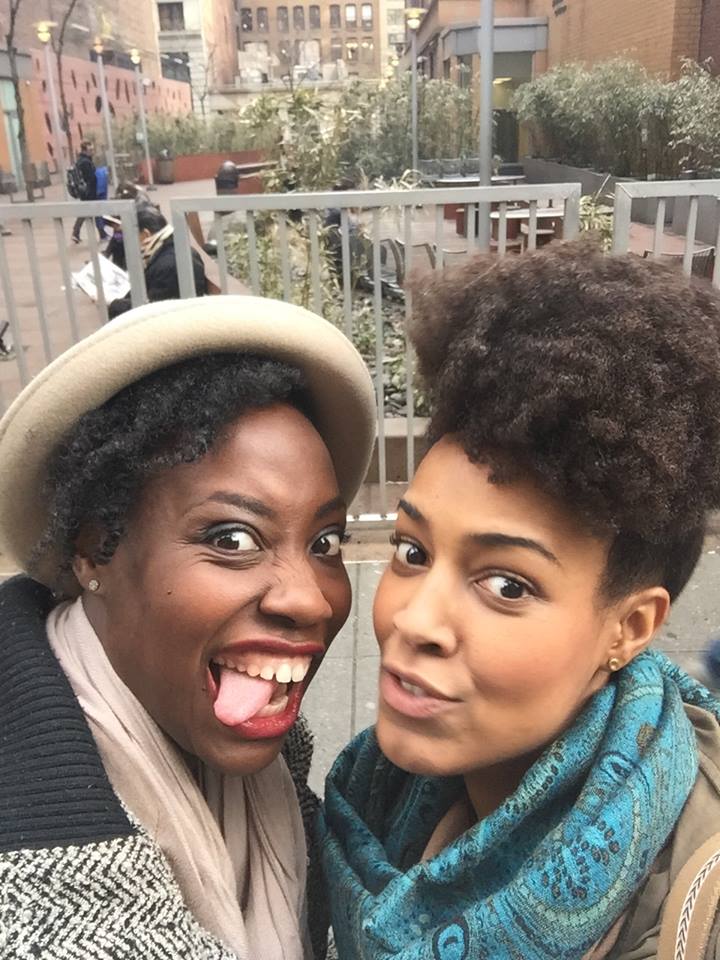
SB: Describe your individual personalities and explain how they come together to make the business work.
TD: Our personalities contribute to the success of the business in so many ways. I have such a social media and project manager brain (I was a production manager for 11 years before Limegreen) and Allison has the business and design brain (She was a creative director before Limegreen).
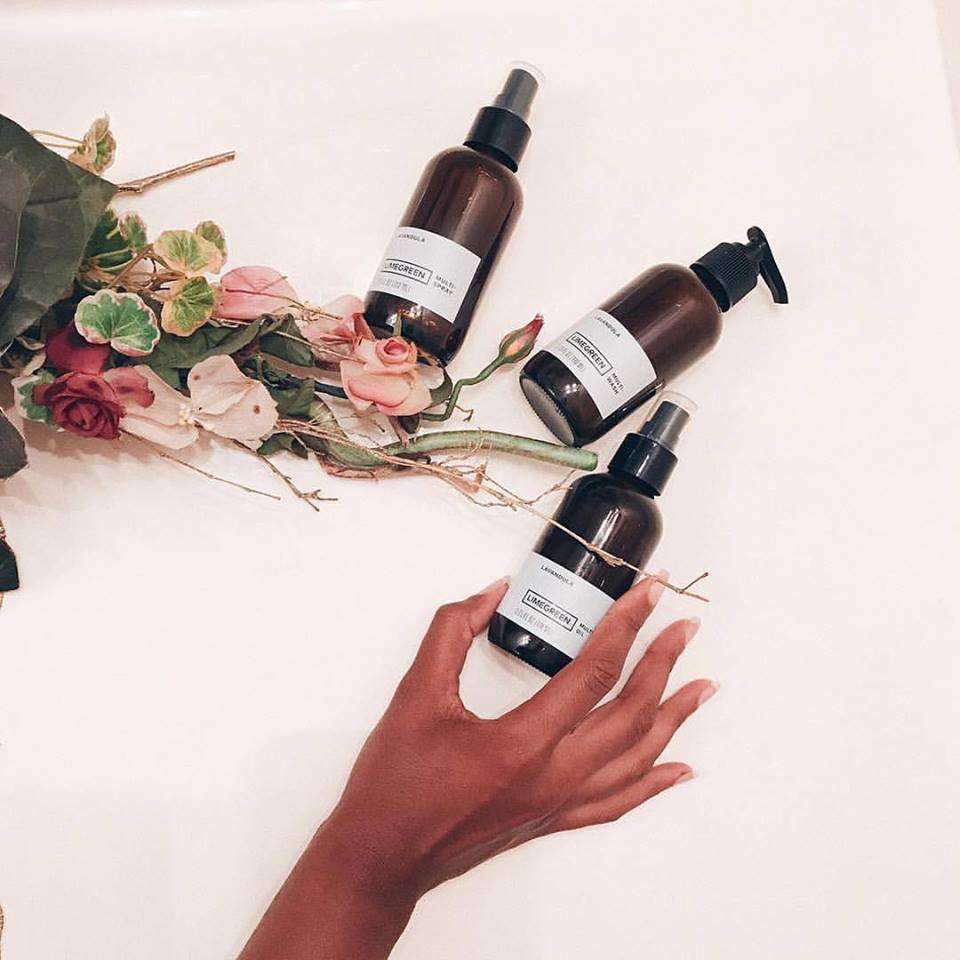
SB: What has been the most challenging part of your entrepreneurial journey so far? What is the most gratifying?
TD: The most challenging part is the constantly second guessing of our decisions. Figuring out what to focus on is also a big challenge.
The most gratifying part is meeting with customers who sincerely love our products and hearing from them how our values motivate them to look at their choices more closely with regard to sustainability, natural ingredients, etc.

SB: What is the most important thing your partner has taught you?
TD: The most important things that Allison has taught me are to hustle and take chances – she literally would eat through a wall.
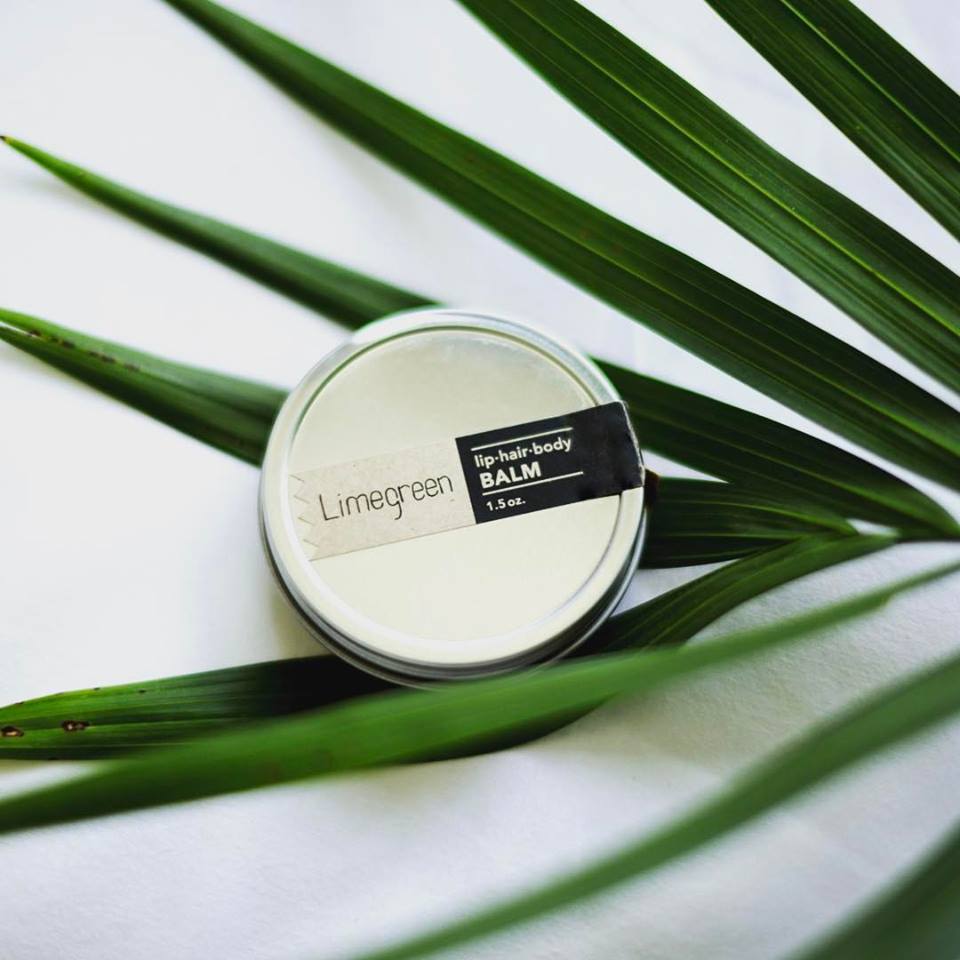
SB: Where do you see your business in 5 years?
TD: I see Limegreen in your favorites boutiques, the hotel bathrooms your stay in and big box stores like Target and Wholefoods.
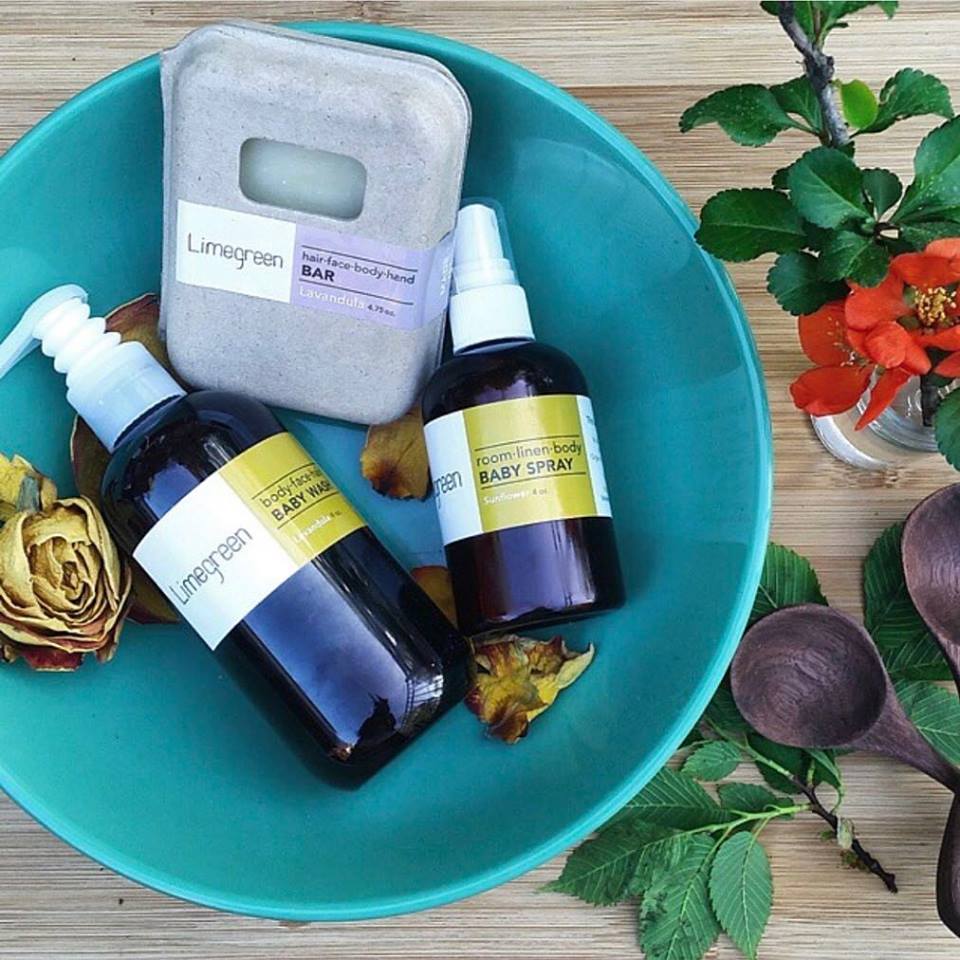
SB: What advice do you have for aspiring entrepreneurs?
TD: My advice is not to plan every little detail of starting a business, the best thing to do is just to do it. See if people like your concept, because numbers on a paper cannot tell you if people really want what you’re trying to sell.
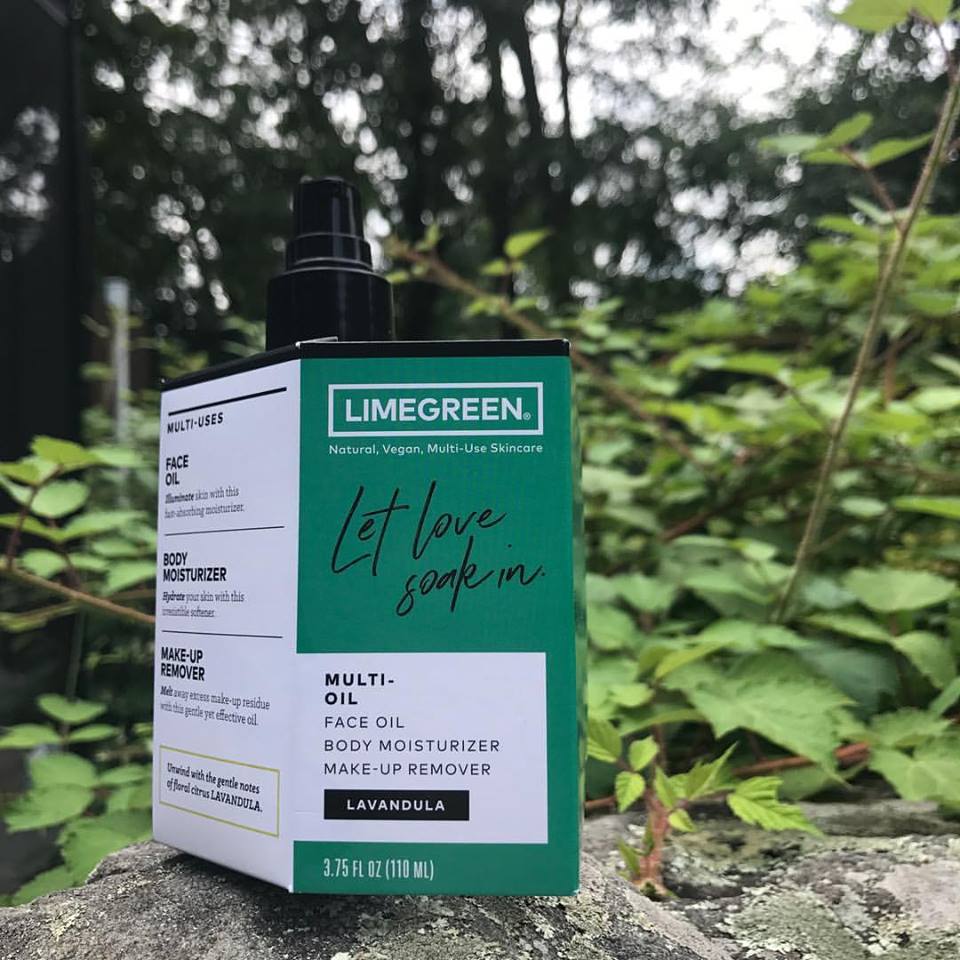
To learn more about Brooklyn Limegreen visit www.brooklynlimegreen.com.
IG: @thebusyafrican

